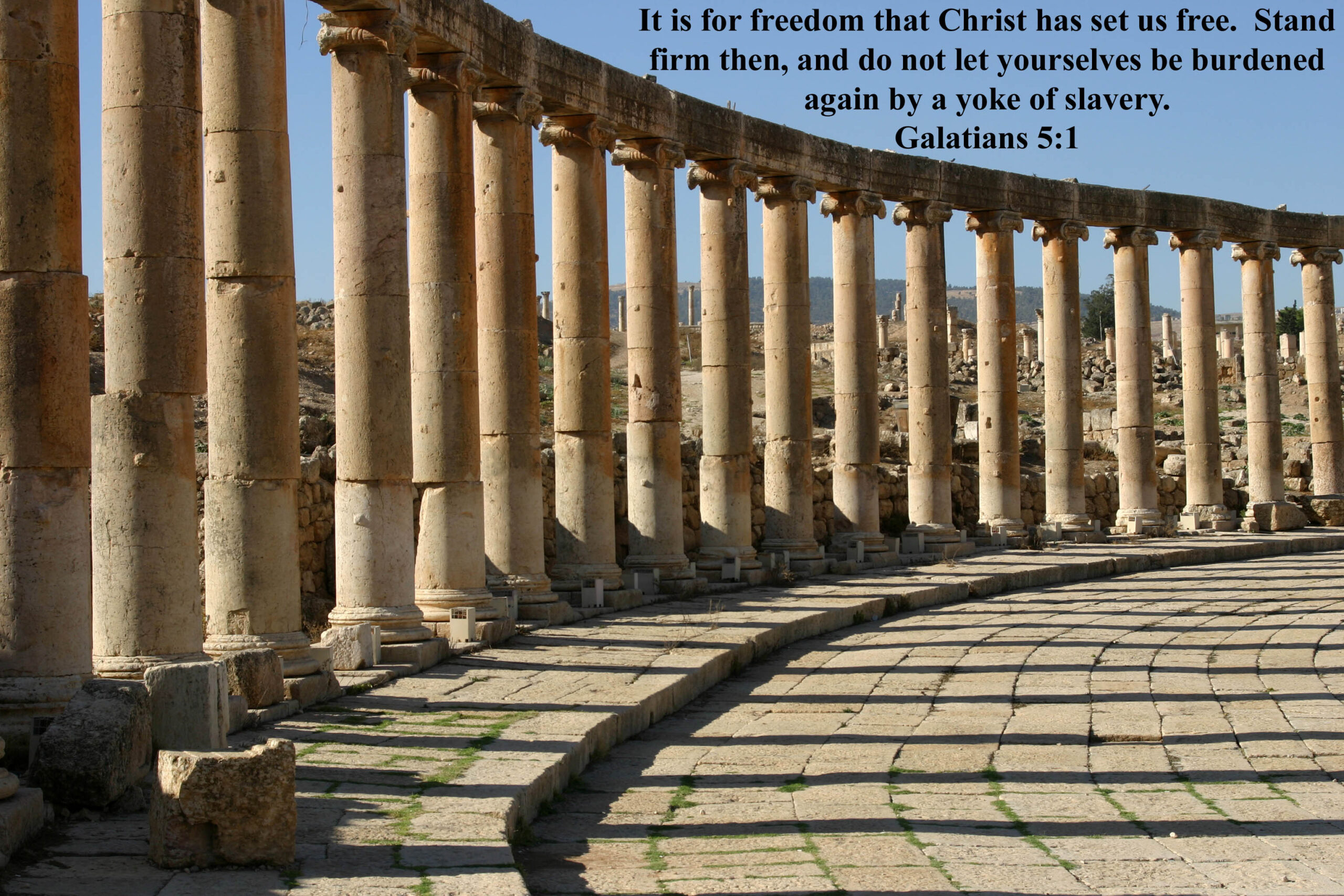Last week a small group of us from church attended a seminar by Paul David Tripp on the “Dangerous Calling” of the Christian ministry.
Those who know me know that I can be a skeptical old dog when it comes to these seminar speakers. “Good technique/little real substance” has been my reaction on more than one occasion. But I am glad to report that Dr Tripp exceeded my expectations with his materials, his theological acumen (and concern), and his ability to talk for 5 hours with only a lunch-break to give his constitution a rest.
Let me give you a precis of the seminar:
Tripp made a number of salient points (8-11 depending on how you reckoned them). Each were brought home with good illustrations from life – usually the speaker’s), and preceded by a solid and authoritative exposition of a passage of Scripture.
1. In his opening time he spoke about the Academization of the Faith. He noted that maturity is never formed by advanced degrees in Bible and Theology. Maturity is shaped by the condition of our hearts.
Tripp challenged us to “sit under the your own teaching.” I admit that for me it is easier to say than to do, and I appreciate being confronted with my hypocrisy.
The resulting Q&A found Tripp comparing seminary ministry as it used to be a century or so ago with what it can become today. He pointed out that most of the professors in that former age were pastors before they became professors. Because they were for the church they would communicate that zeal to their students. Specialization was not their bag. They were about multi-disciplinary ministry.
By contrast many (not all) of the tutors in today’s seminaries are specialists, and they produce – specialists, not churchmen! I thought that was a great insight. One I shall ponder over the coming days.
2. In session 2 Tripp turned our attention to the Individualism of Western Culture. This theme has been noted before by others, but it was given poignancy by Tripp’s practical use of it. He noted that in Philadelphia where he lives the city planners don’t build suburbs with sidewalks anymore. This is not a cost-saving measure. It is symbolic of the times in which we live. Community is not as important as it used to be. To put my own spin on it; we live our lives in boxes: house, car, office, store, car, house. Because of this, “the cast majority of people attending our churches are known to noone.”
This is not conducive to church communal life. As Christians, we need to be “in” each others lives; we need to be known! The deceitfulness of sin; the plague in our hearts, requires that we do not live lives in tune with the individualism of the surrounding culture.
I might add that we view the church in this same individualistic way. Sanctification, for example, is not just a personal thing, but is inter-personal. As Graham Cole says in his book He Who Gives Life: The Doctrine of the Holy Spirit (which, coincidentally, is a textbook for my course on “The Doctrine of the Holy Spirit and the Church” at Veritas School of Theology), Paul’s command to be filled with the Spirit is directed primarily at the church (p.210).
So we need to be known. The most influential person in your life is you! We are in a constant conversation with ourselves. And our hearts are an active and vocal participant in the conversation. As Tripp remarked, “The problem is that you believe you. You are not a skeptic of you.”
This is why we must take our communal role in the church more seriously. Our individualism stops the church being what God designed it to be. For Dr Tripp, “Self-examination is a community project.”
I for one, needed to be reminded of that!
